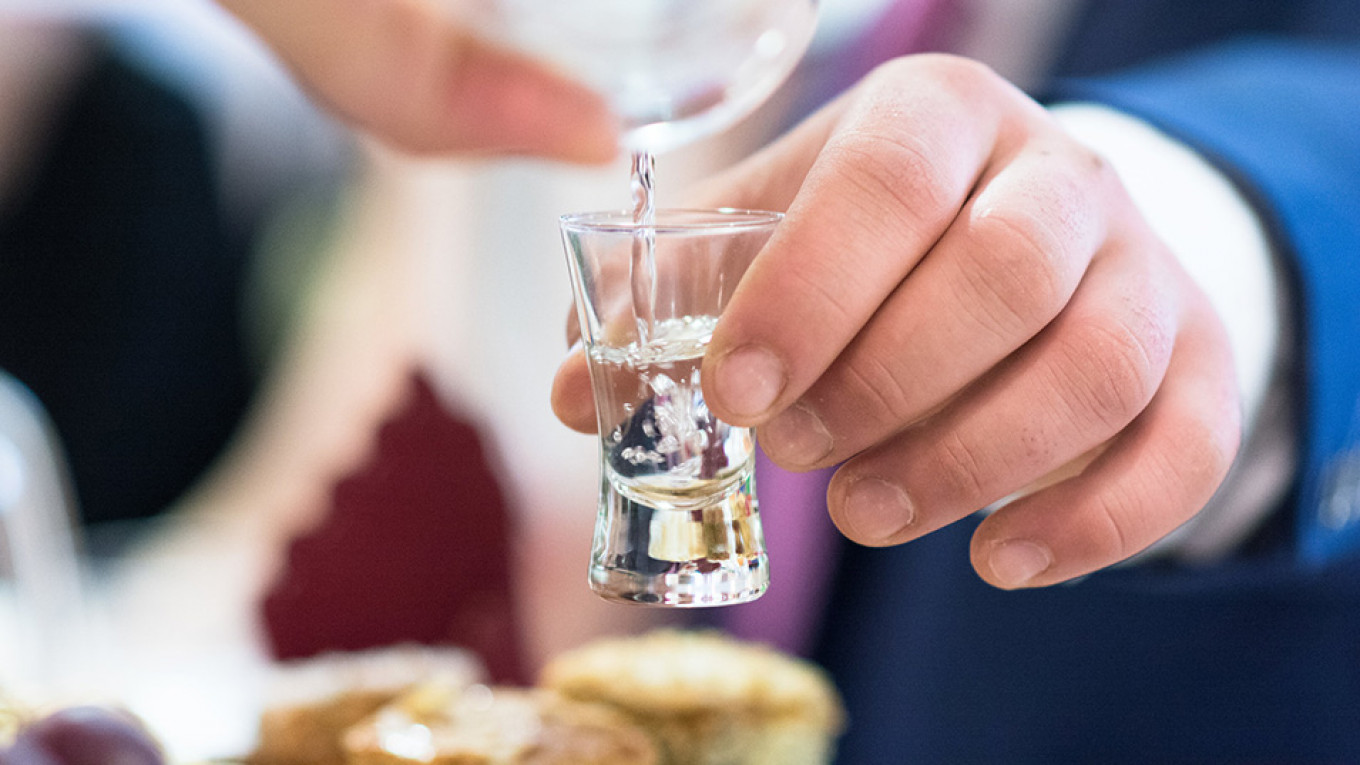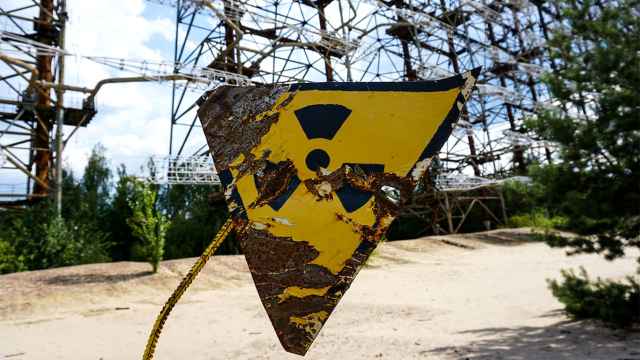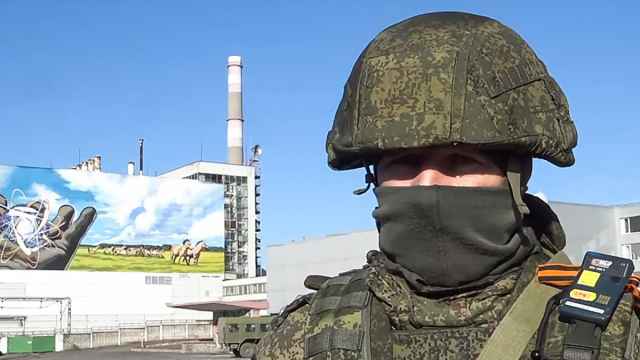British scientists have made vodka from crops in an abandoned area surrounding the Chernobyl nuclear power plant, the location of the world's worst nuclear disaster in 1986, in an effort to reclaim the radioactive region.
The first and only bottle of Atomik was distilled using grain and water taken from Chernobyl’s exclusion zone, an area of 2,600 square kilometers where parts of land exceed radioactive contamination standards. The artisan vodka results from three years of research by the University of Portsmouth and its Ukrainian colleagues on the transfer of radioactivity to crops grown at the exclusion zone.
They reassured that Atomik is radiation-free 33 years after the nuclear accident due to the distilling process.
“The team found some radioactivity in the grain,” the university said in a press release Thursday.
“But, because distilling reduces any impurities in the original grain, the only radioactivity the researchers could detect in the alcohol is... the same level you would expect in any spirit drink.”
The scientists now plan to sell Atomik under a social enterprise called “The Chernobyl Spirit Company” and donate 75% of the profits to Ukrainians living in and around the exclusion zone. The company “is hoping to begin small-scale experimental production of ‘Atomik’ grain spirit sometime this year.”
“Many thousands of people are still living in the Zone of Obligatory Resettlement where new investment and use of agricultural land is still forbidden,” environmental science professor and project leader Jim Smith said.
Smith maintained that the exclusion zone should remain a de-facto wildlife reserve but that crops could be grown in parts where “radiation isn’t now a significant health risk.”
Oleg Nasvit, a senior official with the Ukrainian government’s exclusion zone management agency, welcomed the scientists’ efforts to help local communities.
“It is important that we do everything we can to support the restoration of normal life in these areas whilst always putting safety first,” Nasvit said.
As for the radioactive-free vodka’s taste, Nasvit compared Atomik to “high-quality moonshine” that “has the flavor of the grain from our original Ukrainian distillation methods.”
A Message from The Moscow Times:
Dear readers,
We are facing unprecedented challenges. Russia's Prosecutor General's Office has designated The Moscow Times as an "undesirable" organization, criminalizing our work and putting our staff at risk of prosecution. This follows our earlier unjust labeling as a "foreign agent."
These actions are direct attempts to silence independent journalism in Russia. The authorities claim our work "discredits the decisions of the Russian leadership." We see things differently: we strive to provide accurate, unbiased reporting on Russia.
We, the journalists of The Moscow Times, refuse to be silenced. But to continue our work, we need your help.
Your support, no matter how small, makes a world of difference. If you can, please support us monthly starting from just $2. It's quick to set up, and every contribution makes a significant impact.
By supporting The Moscow Times, you're defending open, independent journalism in the face of repression. Thank you for standing with us.
Remind me later.






